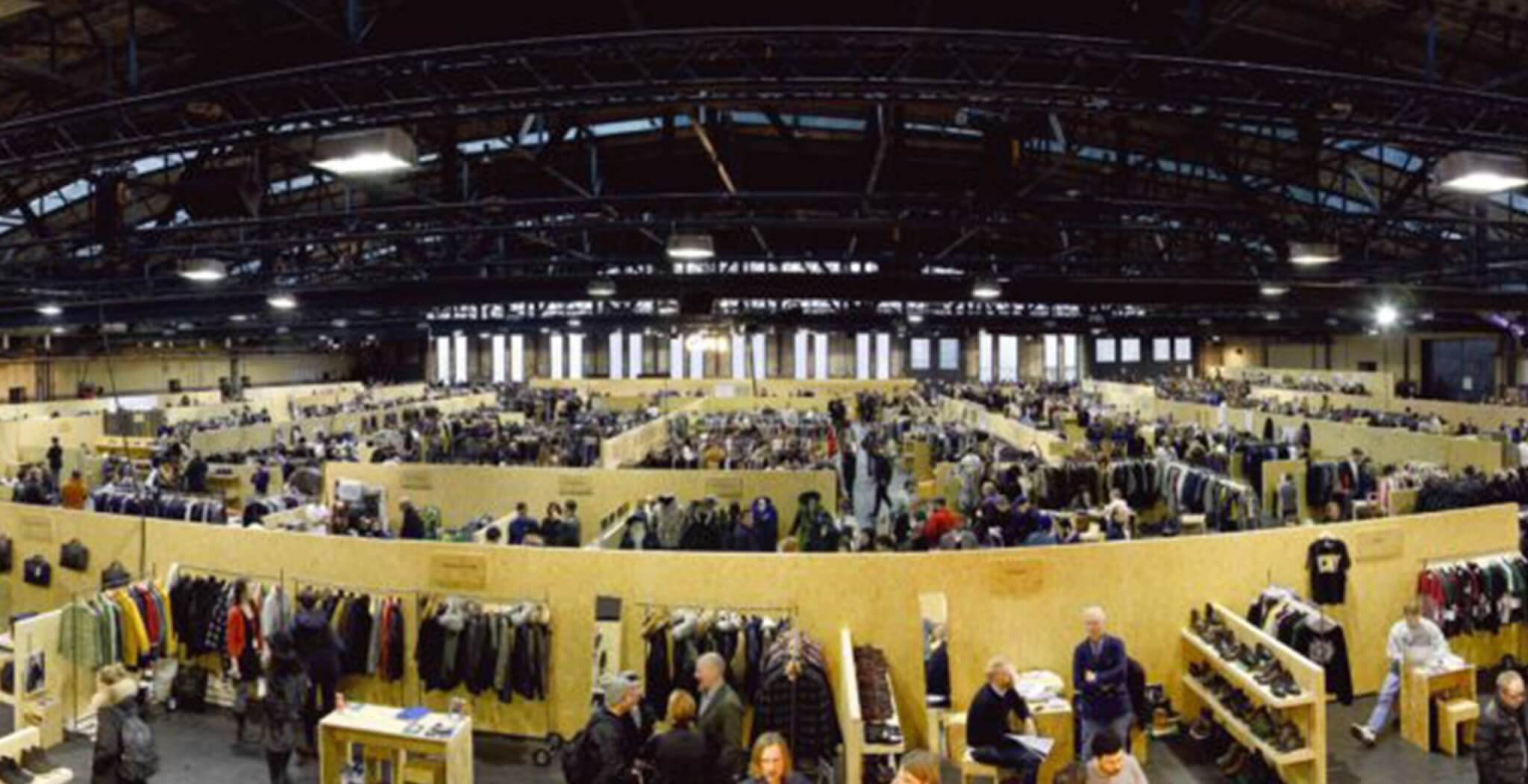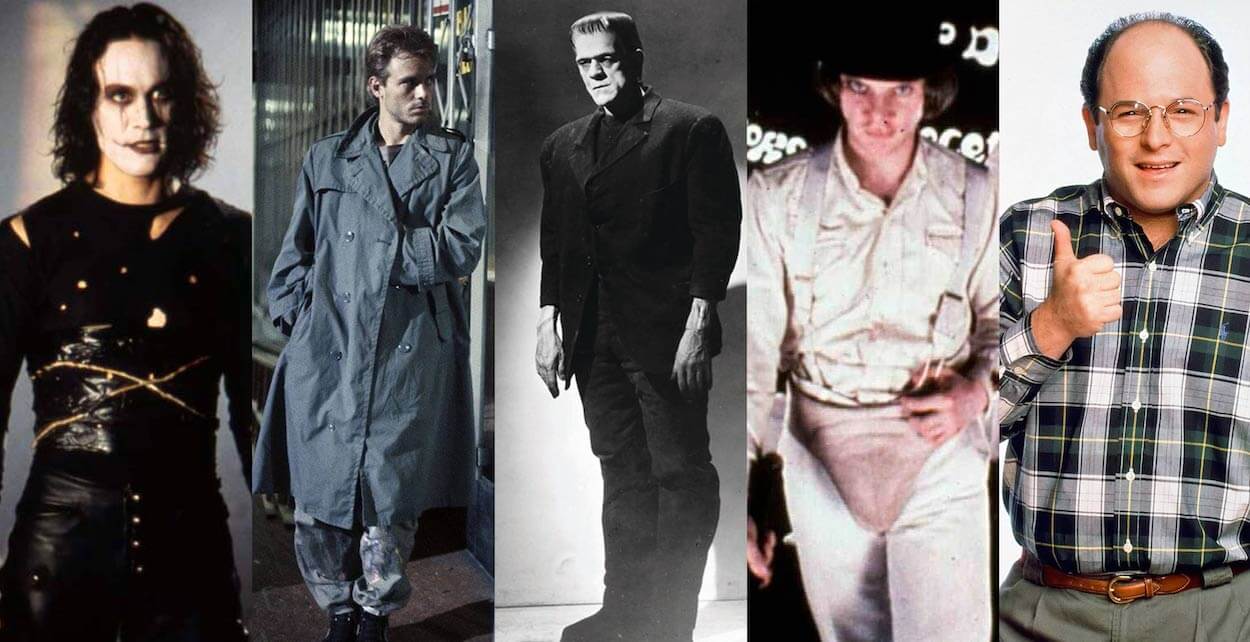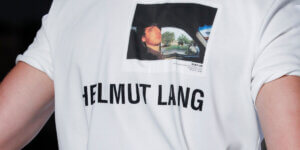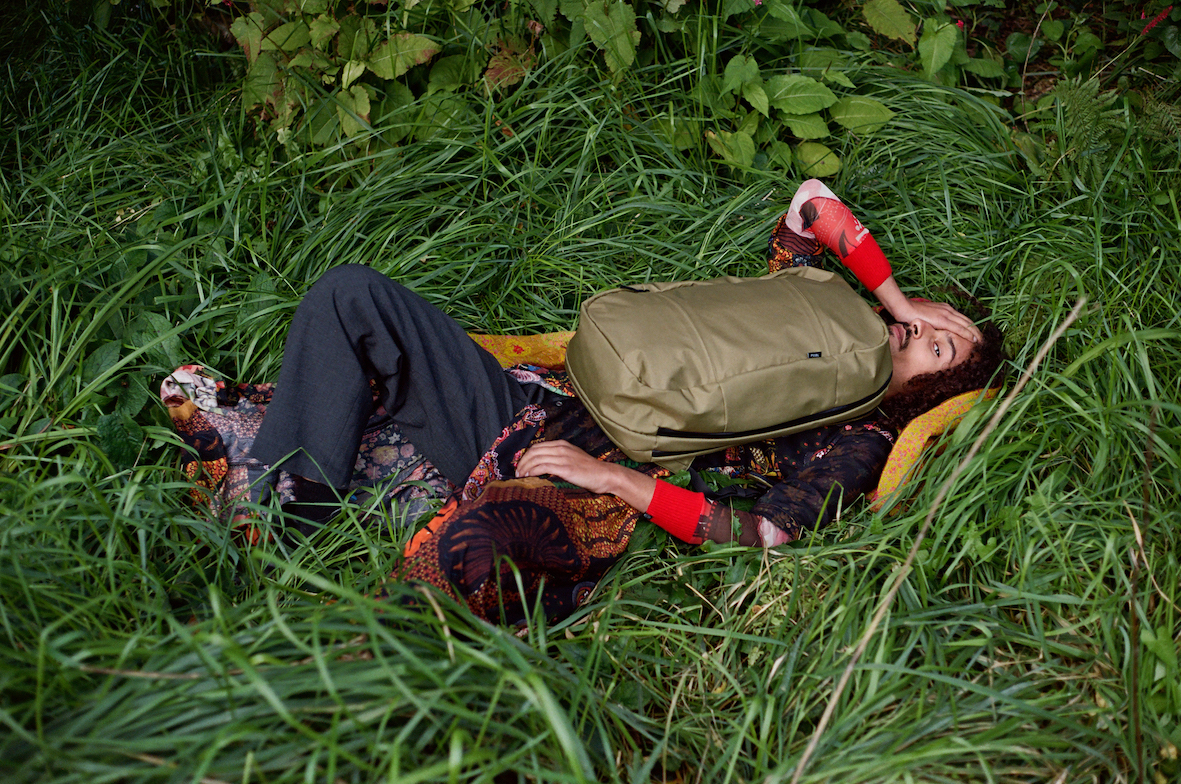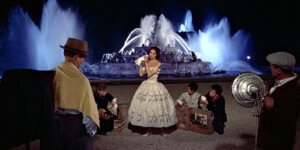Are Fashion Trade Shows Still Relevant After Covid?
Fashion trade shows are like stepping into a world of wonder. It’s as if you’re living in Homer Simpson’s whimsical vision of Germany, where everything is too good to be true. Imagine a colossal building packed with the hottest brands and styles, showcasing their collections a whole six months before they hit the stores for us ordinary folks. It’s a dream come true for fashion enthusiasts who can immerse themselves in this spectacle without the hassle of being in the business.
Traditionally, trade shows serve as a meeting ground for buyers and brands, facilitating orders and discovering new additions for their stores. However, in the past decade, trade shows have evolved into more than just a business affair. Influencers, press personnel, and anyone lucky enough to snag a ticket now flock to these events, turning them into buzzing hubs of excitement. The Premium Group‘s fashion trade shows have become a cornerstone of Berlin’s fashion scene, and their influence extends far beyond the German capital.
In January 2020, Berlin bid farewell to the trade show circuit temporarily due to the global pandemic. During these two long years, loyal attendees were surprised by an announcement that Premium would be departing from Berlin, making Frankfurt its new home base. Despite several attempts to establish a presence in Frankfurt, it became evident that the Premium’s return to Berlin was a cause for celebration. However, a lingering question persisted throughout these past 24 months: Do we still need trade shows? Haven’t we become adept at utilizing tools like Zoom and Google Meets to save time and resources efficiently? Is there a need for in-person interactions and small talk?
From July 7th to July 9th, the International Congress Center Berlin (ICC) transformed into a hub hosting not just one, but multiple trade shows: Premium, Fashion Tech (the interactive innovation space for fashion, tech, and lifestyle content), SEEK (where the progressive fashion community shapes the future), and, for the first time, The Ground Festival (a celebration of style and culture).
The relocation of SEEK, a show with a streetwear focus, from Kreuzberg’s Arena to the ICC was a bold move, albeit a logical one. Having all the shows in one central location made it incredibly convenient for visitors to experience three days of fashion without the hassle of navigating trains and cabs between venues. Although the journey through the Premium halls might have given an “airport feeling,” it was undoubtedly worth it once visitors entered the SEEK section.
When the doors swung open on the first day, the ICC was bursting at the seams with eager attendees. Two years of isolation and digital interactions had left a profound longing for face-to-face connections, making this first edition of the revamped fashion events in Berlin an unmissable affair. Visitors eagerly flocked to brand booths, including Avirex (a leather jacket brand that found its fame among hip-hop personalities in the ’90s and early 2000s, perfectly aligning with today’s Y2K aesthetics), Sergio Tacchini (an Italian sportswear brand renowned for its quality and pop cultural crossovers), and sneaker brands such as Puma, Saucony, Kangaroos, and Filling Pieces. Outdoor brands, traditional brands like Pendleton and Redwing, and many others also attracted attention.
3Sixteen, Arte Antwerp and Double A by Wood Wood were also booths to not be missed.
One standout trend observed was the resurgence of loafers. Filling Pieces exemplified what fashionable individuals will be adorning their feet with in the upcoming seasons. Although the transition from sneakers to hard bottoms had already begun around 2019/2020, it is now making a powerful comeback. Even established shoe brand Sebago decided to incorporate loafers into their well-established range of boat shoes. Camper and Camper Lab also showcased their loafer styles, along with numerous other innovative footwear ideas.
A blast from the past also made its presence felt – the late ’90s and early 2000s were well-represented by brands such as Pash, Juicy Couture, Champion, Homeboy, Ellesse, Kangol, and Bad+Mad. Denim enthusiasts found their fix with brands like Edwin, Nudie, and Pike Brothers, while exploring the history of German streetwear through Wemoto (the German streetwear O.G.s), Cordon Sport (another German street O.G.), and Unfair Athletics, a Munich-based brand merging streetwear, football, and casual aesthetics.
The brand lineup struck a perfect balance, ensuring no brand was overlooked or overshadowed. Another highlight that deserves special mention is The Ground. Adjacent to SEEK, The Ground comprised both an indoor and outdoor area, offering entertainment primarily geared towards young visitors who sought enjoyment rather than business connections. Vice Media, TikTok, and brands like Karl Kani added to the vibrant atmosphere, complemented by a second-hand section where visitors could find their new favorite pieces. The festival also featured live music, panel talks, and activations promoting physical and mental well-being. Anticipation is high for what future editions of The Ground Festival will have in store for us.
One must not forget the presence of Berlin-based sneaker store giant Overkill, which capitalized on the festival’s energy by hosting a special release in collaboration with Puma. When Overkill throws a party, people show up in droves.
So, after three exhilarating days of fashion, what can we conclude? Have we outgrown the need for trade shows after spending two years working from home? Undeniably, we have become more efficient with remote work. However, there’s an undeniable joy in reconnecting with the people we missed. Trade shows have proven their relevance even more in the post-Covid era, as we witnessed a grand celebration of creativity on a scale never seen before. We eagerly anticipate what the future holds and extend our utmost respect to the organizers.
Welcome back, Premium Group!








